Nepal’s economy set to grow by 4.4pc in FY2025, ADB reports
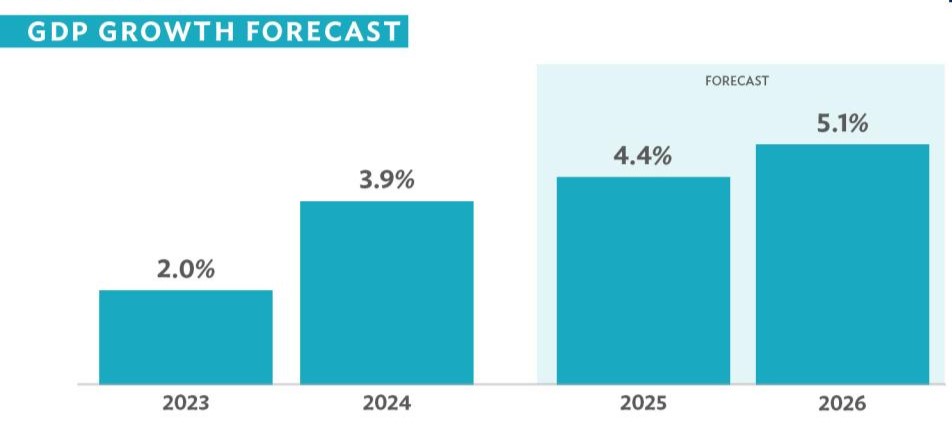
KATHMANDU: Nepal’s economy is projected to grow by 4.4% in fiscal year (FY) 2025, up from an estimated 3.9% in FY2024, according to the Asian Development Outlook (ADO) April 2025, a flagship report by the Asian Development Bank (ADB).
The improved forecast is driven by a steady recovery in domestic demand, private sector reforms, and a rebound in tourism and related services. “Key economic sectors like manufacturing and construction, which shrank in FY2024, are expected to expand this year due to stable oil and raw material prices, increased liquidity, and declining interest rates boosting credit across production sectors,” said ADB Country Director for Nepal, Arnaud Cauchois.
Looking ahead, GDP growth is forecast to climb to 5.1% in FY2026, supported by government efforts to enhance capital budget execution, advances in tourism, and improved agricultural productivity through mechanization and irrigation—assuming a favorable monsoon. Inflation is expected to ease in both FY2025 and FY2026, staying within the central bank’s target, bolstered by a normal harvest and moderating inflation in India, Nepal’s primary import source.
Nepal’s external sector stabilized in FY2024 with higher foreign exchange reserves and a cautious monetary policy. Despite rising imports in late FY2025, strong remittance inflows should maintain a current account surplus of 0.1% of GDP. However, a deficit of 2.4% of GDP is projected for FY2026 as imports of goods and services increase.
Downside risks remain, including potential global economic slowdowns due to rising tariffs, which could reduce tourism revenue and remittances. Lower foreign aid and poor capital budget execution could also hinder growth. The forecasts predate the US administration’s 2 April tariff announcement, though the ADO includes an analysis of potential regional impacts.
ADB, a key development partner in Asia and the Pacific since 1966, continues to support Nepal’s sustainable growth through innovative financing and strategic collaboration.









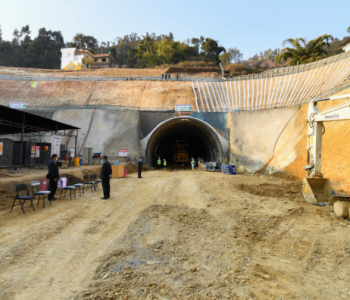
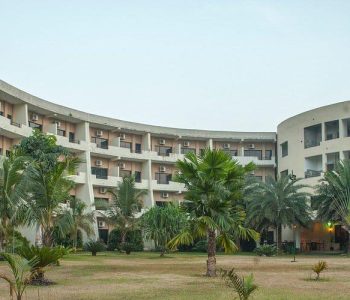
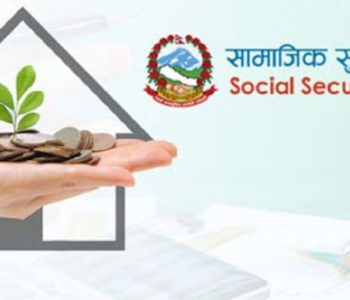
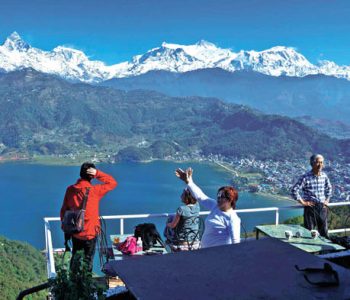
Facebook Comment